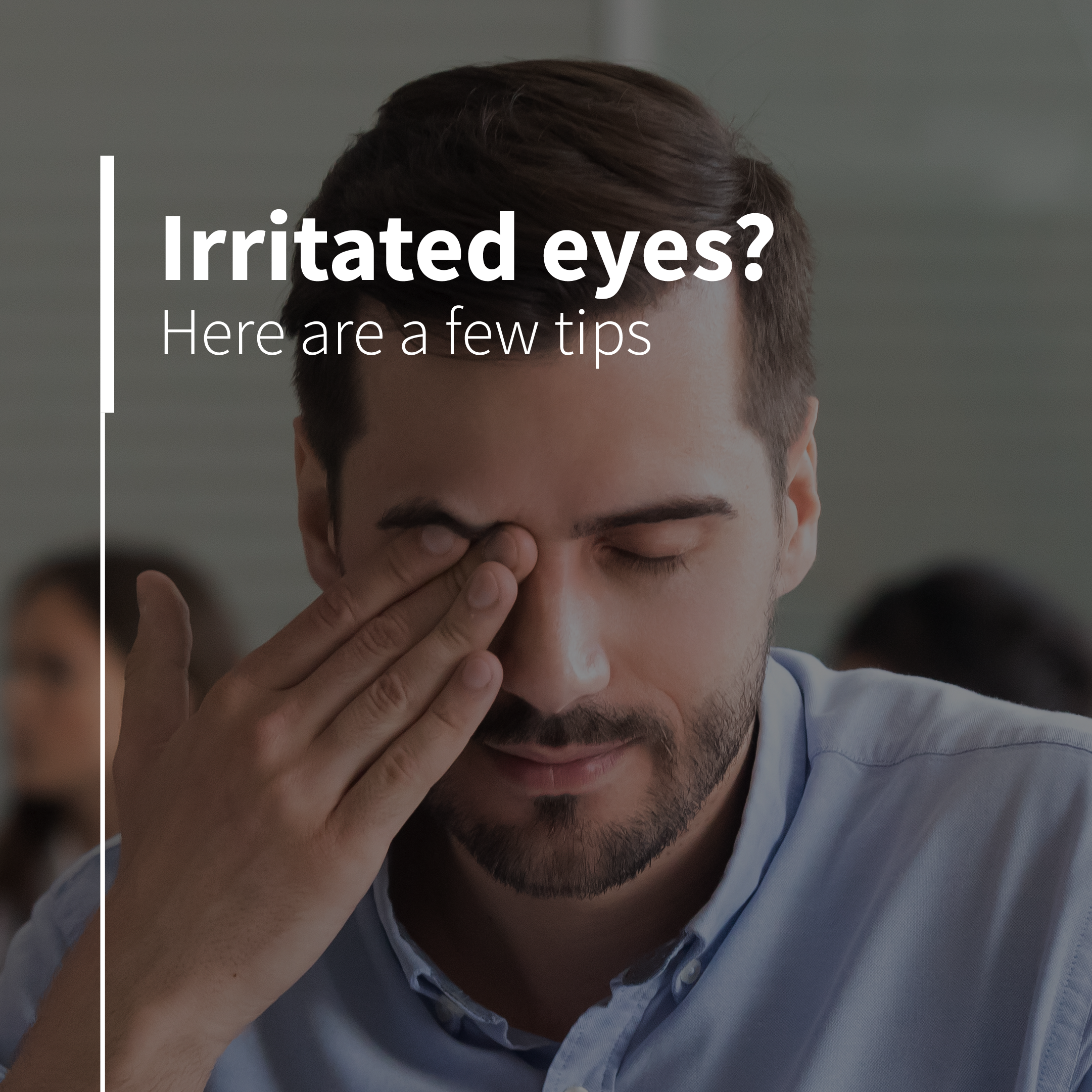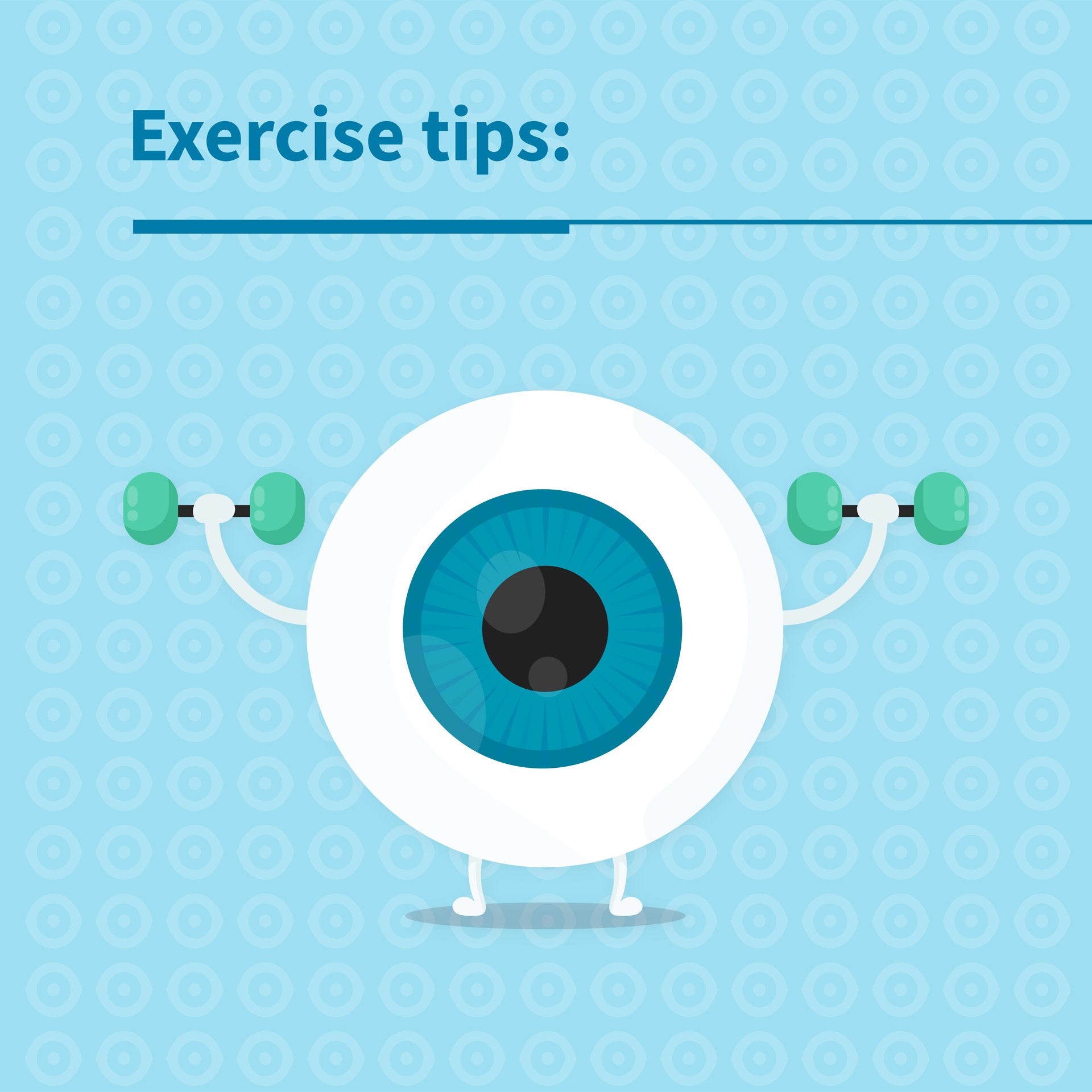______________
DO ask yourself 3 questions:
- Do my eyes see well?
- Do my eyes look well?
- Do my eyes feel well?
If you answered no to any of these, it is time to visit your optometrist. Too many people think of contact lenses as purely cosmetic. Remember that contact lenses are a prescribed product, and should be seen as medical devices that can only be prescribed by an eye care professional.
1. DO keep your hands clean

Your hands are covered with germs, so always wash them well before handling contact lenses. Throughout the day and night, our hands pick up microbes. Without proper hand washing, bacteria will transfer from your fingers to the contact lenses and, ultimately, to your eyes. Make sure you use clear, lotion-free soap, and dry your hands thoroughly.
1. DON’T “top off” contact lens solution
Always use fresh contact lens solution when you’re storing your lenses overnight. Adding new solution to old solution already in the case, or cleaning lenses with water, has been linked to cases of Acanthamoeba keratitis, a rare but painful infection that's difficult to treat.
2. DO clean the lenses properly every day
Clean your contact lenses every day with the contact lens solution prescribed by your Eye Care Professional. Ideally, do this upon removal to create a habit. If you are cleaning with a multipurpose type of contact lens solution, make sure to gently rub your lenses to remove biofilms of bacteria, protein, and lipid deposits.
2. DON'T use eye drops unless they are specified as safe for use with contacts
Not all eye drops are suitable for contact lenses. Contacts can interfere with absorption, so artificial tears aside, it’s a good idea to take them out before using drops. Read the instructions on medications carefully, and speak to your doctor if you have any questions.
3. DO Clean your contact lens case once per week & replace it every 3 months
Clean your contact lens case once a week with mild soap and allow to completely dry prior to adding your contact lenses and solution. Keeping the case clean will help prevent bacteria from settling on your contact lenses. Furthermore, replacing your contact lens case every 3 months reduces the risk of bacteria getting onto your lenses. To properly clean your case, pour all contact lens solution out of the case, rub it with a clean finger, then rinse it with fresh solution. Wipe it dry with a tissue, and store it upside down (caps, too) on a tissue until you're ready to remove your contacts at night. Researchers found that people who didn’t clean and dry their contact cases, and wash their hands with soap and water before handling them, had a higher count of microorganisms in their cases.
3. DON'T borrow lenses from a friend or another person
The main danger with wearing someone else's contact lenses is of course the possibility of contracting an eye infection. This comes from pathogenic germs that can be found on the other person’s lenses. The other person may look perfectly healthy and never have had a problem with their eyes, but this is not a guaranty.
4. DO follow your contact lens wearing schedule as recommended by your Eye Doctor
Follow your contact lens wear schedule to ensure that you are not using your lenses for too long. It is important that the wear is not “stretched” passed the prescribed period. Protein deposits, lipids and bacterial biofilm will start to settle in the contact lens pores that are not easily removed past the recommended wear schedule and can cause infection.
4. DON'T over wear your contact lenses past their wearing schedule
Comply with the instructed wearing schedule. Contact lenses should be replaced according to your doctor’s direction. Some disposable lenses are intended to be thrown away either every day, every other week, or monthly. Gas-permeable lenses are an exception: they're longer-wearing and are typically replaced once a year. Wearing contact lenses beyond the recommended time can lead to unhealthy eyes, discomfort and ultimately infection. Your prescription, personal eyewear needs, and lifestyle can all factor into the contact lens type and brand prescribed by your eye health professional.
5. DO give the eyes a break in the evening for a few hours before bed
You should wear your contact lenses less than 12 hours per day, ideally 8-10 hours, in order to maintain healthy corneas.
5. DON'T sleep in contact lenses
It is not recommended to sleep in contact lenses, even though there are some extended wear lens types. Sleeping in contact lenses increases the risk of an eye infection by approximately 10 times, so sleeping in them, even part time, is typically not recommended. But some contact lenses are approved for wearing at night, so as long as you get regular eye checkups and your doctor approves, it may be all right. Always consult with your eye doctor first.
6. DO take a day or 2 off during the week with no wear
It is recommended to have a break from wearing contact lenses every once in a while for your eye health. Pick up your specs and wear them at least once a week.
Avoid showering in contact lenses, and remove them before having a bath or going swimming. Water has small organisms that can lead to an eye infection, so water should not come into contact with the contact lenses.
6. DON’T shower or swim with contacts in
Avoid water activities while wearing contact lenses to avoid dirty water settling between the contact and eye. This especially applies to hot tubs and pools. It is never a good idea to wear contact lenses where there is water as bacteria can accumulate and cause infections. Prescription swimming goggles are the best eyewear solution if you are involved in water sports.
7. DO throw away expired lenses and solutions
When contact lenses & contact solution pass their expiry date the chemicals that kill bacteria don’t function properly, allowing impurities to build up on the lenses. This can make wearing contacts extremely uncomfortable. You may feel guilty for throwing away a full box of lenses or bottle of solution, but do NOT be tempted to use expired product just so it’s not wasted. Expired products can lead to severe bacterial or fungal infections, vision loss or in extreme cases, even blindness. If you’re a person who buys in bulk, be sure you check expiration dates before you purchase or open a new box of lenses or solution bottle.
7. DON'T leave your contact lenses sitting in their case for over 7 days without changing the solution
If you do not wear your contact lenses often and keep them stored in a contact lens case for weeks at a time without wearing them remember to change the solution every 7 days. The solution does lose its affect over time when exposed to unsealed environments and keeping fresh solution in the case will keep bacteria build up on the lenses at bay.
8. DO see your eye doctor regularly
Preferably every 6 months. Even if your eyes feel fine, make an appointment. Occasionally, contact-lens-related issues are caught during a routine examination, before the eyes become uncomfortable. If your eyes become itchy, red, or watery, take your contacts out immediately; and see your doctor if your eyes either don’t get better, or start feeling worse. Many lens wearers don’t know enough about care and hygiene regiments, which is why an appointment with an eye care professional and a proper contact lens fitting is key.
9. DON'T ignore your eyes if they are not happy
If your eyes are uncomfortable at any point contact your optometrist immediately for professional advice.
See you soon!
Contact Lenses We Offer
Colored Eye Contacts Air Optix Colors Freshlook Colorblends Non Prescription Colored Contact Lenses Daily Contact Lenses Weekly Contact Lenses Monthly Contact Lenses Toric Lenses Crazy Contact Lenses Crazy Colored Contact Lenses Halloween Contact Lenses 1,2 & 3 Tone Contact Lenses Bifocal & Multifocal Contact Lenses
Contact Lenses Products We Offer
Contact Lens Cleaner Contact Lens Cases Eyedrops
Contact Lenses Brands
Acuvue Air Optix Avaira Biofinity Biotrue Clariti Dailies Frequency FreshLook MyDay Proclear PureVision SofLens Ultra



